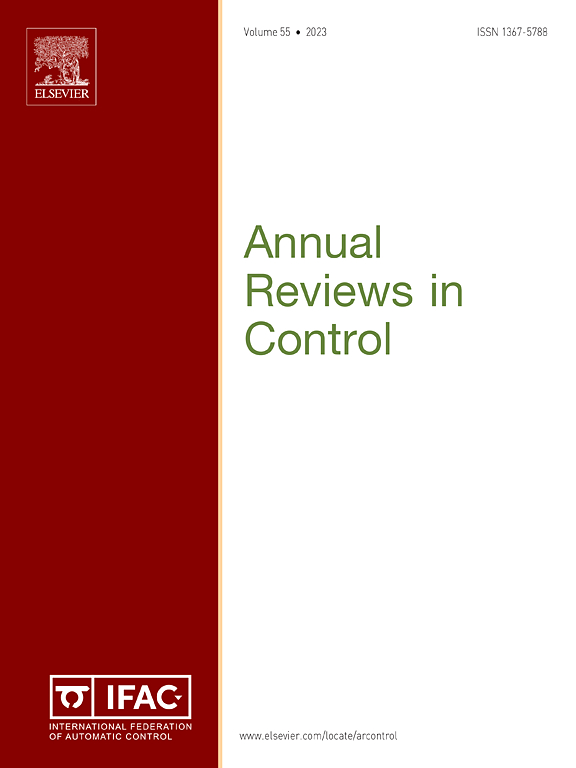A comprehensive review of models and nonlinear control strategies for blood glucose regulation in artificial pancreas
Abstract
An autoimmune disease known as type 1 diabetes occurs when the immune system mistakenly attacks and destroys the beta cells in the pancreas, impairing their ability to produce insulin. An artificial pancreas is a device that is able to analyze information from sensors, such as continuous glucose monitoring, to deliver the correct amount of insulin by subcutaneous injection via a pump. The design and development of such an artificial pancreas poses several challenges. One of these is the need for an appropriate mathematical model of the patient’s physiology in order to develop a suitable controller. Over the past three decades, a number of artificial pancreas control techniques have been investigated in simulation and clinical research. This review aims to advance the knowledge of artificial pancreas system development by providing a comprehensive overview of recent advances in modeling the biological processes involved and in developing nonlinear control strategies. Real-time parameter estimation and effective uncertainty management as well as in-depth clinical studies and long-term investigations are relevant aspects that need to be evaluated for assessing the efficacy and safety of the artificial pancreas in practice. Further perspectives on control techniques that address patient-specific conditions and enable effective and individualized diabetes management will also be discussed.

 求助内容:
求助内容: 应助结果提醒方式:
应助结果提醒方式:


